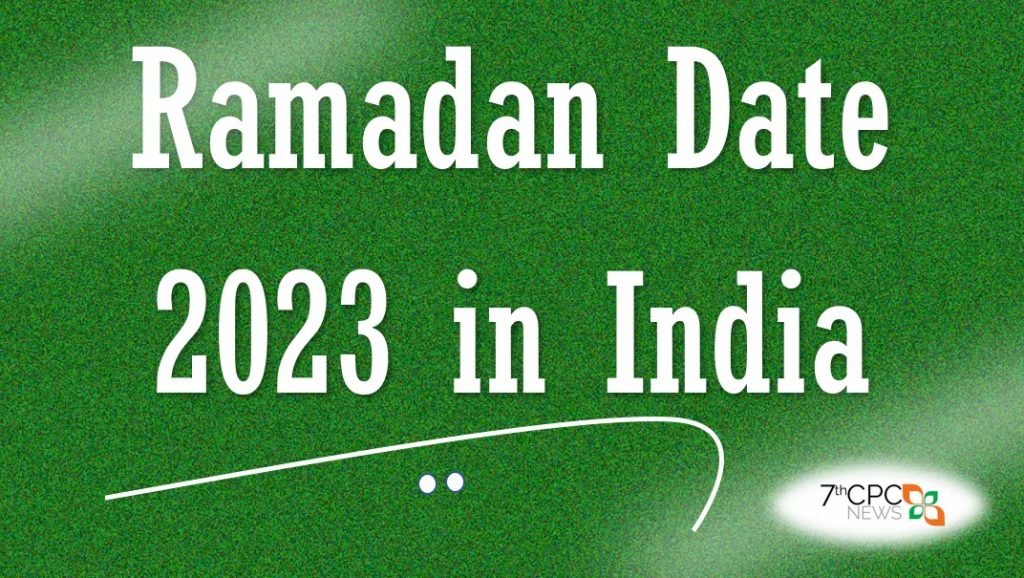Ramadan Eid Date 2023 in India
One of the holiest and most sacred months of the Islamic Hijri (lunar) calendar is Ramzan, whose start date for 2023 is predicted to begin on Wednesday, 22 March, followed by the sighting of the moon over Mecca. Ramzan lasts for 30 days and will end on Friday, 21 April, with the celebratory days of Eid al-Fitr beginning on Saturday, 22 April, or Sunday, 23 April.
Holy Month of Ramadan 2023
During this festival, Muslims firmly believe that the archangel Gabriel descended from the heavens and announced the message to the Prophet Muhammad. Thus, Muslims need to heighten their spiritual and physical submission to God via fasting throughout this month.
During this period, Muslims refrain from eating, drinking, and smoking from the breaking of dawn to the setting of the sun.
Ramadan is the Arabic word for the ninth month of the Islamic calendar. The days of Ramadan in the Gregorian calendar move forward about 11 days every year because of the various altitudes of the Islamic and Gregorian years.
Besides, the festival is considered to be the Five Pillars of Islam, and these five principles are mandatory acts ordered by God as believed by the Muslims. They also assume that some of the foremost verses of the Islamic holy book, the Qu’ran, were disclosed to the Prophet Muhammad during the holy month of Ramadan. They give extra priority to reciting the Qu’ran at this time.
Moreover, Muslims during this time are more focused on their faith and devour less time to the problems of their daily lives. For them, it is the perfect time of worship, and contemplation and fasting are great ways to worship that allow them to feel closer to God and support their spiritual health and self-discipline.
How can Ramadan impact working hours?
Muslims can eat a pre-dawn meal (usually have protein and fats) called suhur to feed them during the day. Once the fast starts, even taking a sip of water is witnessed as breaking the fast. At the end of each day, they open their fast with prayer and a meal called the iftar. In the evening, after the iftar, it is traditional for Muslims to visit family and friends. The fast is continued the next morning again with the same events.
What is Ramzan praying for hours in India?
Muslims residing in Mumbai, New Delhi, Lucknow, Hyderabad, Sri Nagar, Bangalore, and other cities begin observing Ramadan as per the Sehri time or Iftar time in India. Also, there are some people who can avoid keeping it for health reasons. Pregnant, and menstruating women are excused from the fast. In the same way, the ill, children, and the elderly are also not directed to fast.
How is Ramzan celebrated in India?
The Seheriwalas (or Zohridaars) of Delhi symbolize the city’s old Mughal culture and heritage and are part of a Muslim custom that has endured for centuries. Hence, during Ramzan, Seheriwalas roam the streets of the city in the early morning hours, chanting Allah’s and the Prophet’s names to make a wake-up call to Muslims for suhoor.
This tradition is still followed in sections of Old Delhi, particularly in areas with an enormous number of Muslims. The standard food items at Iftar have kebabs, biryanis, haleem, and much more.

Leave a Reply